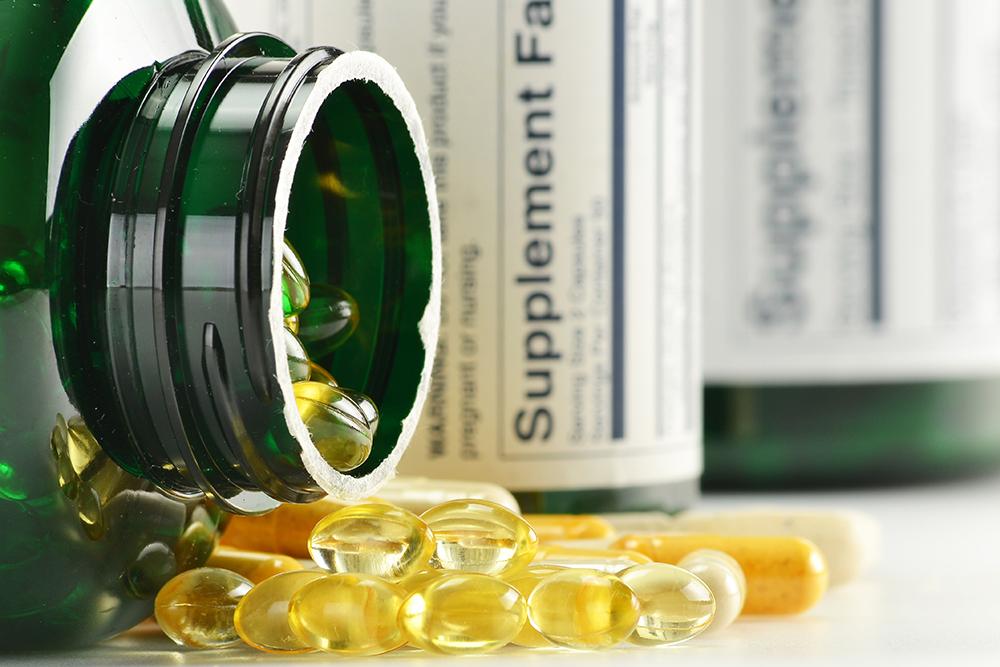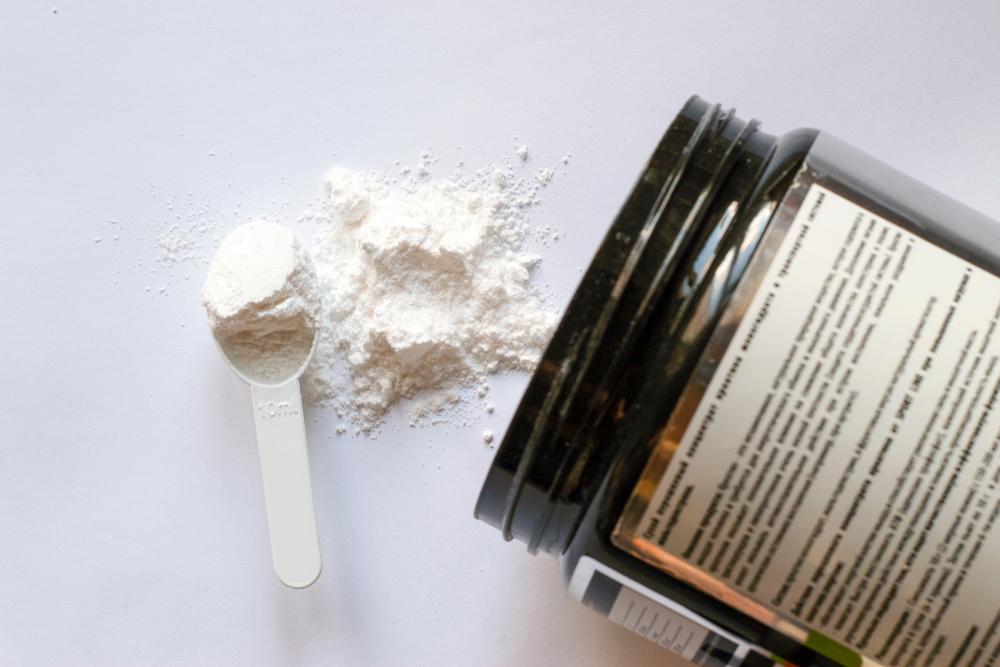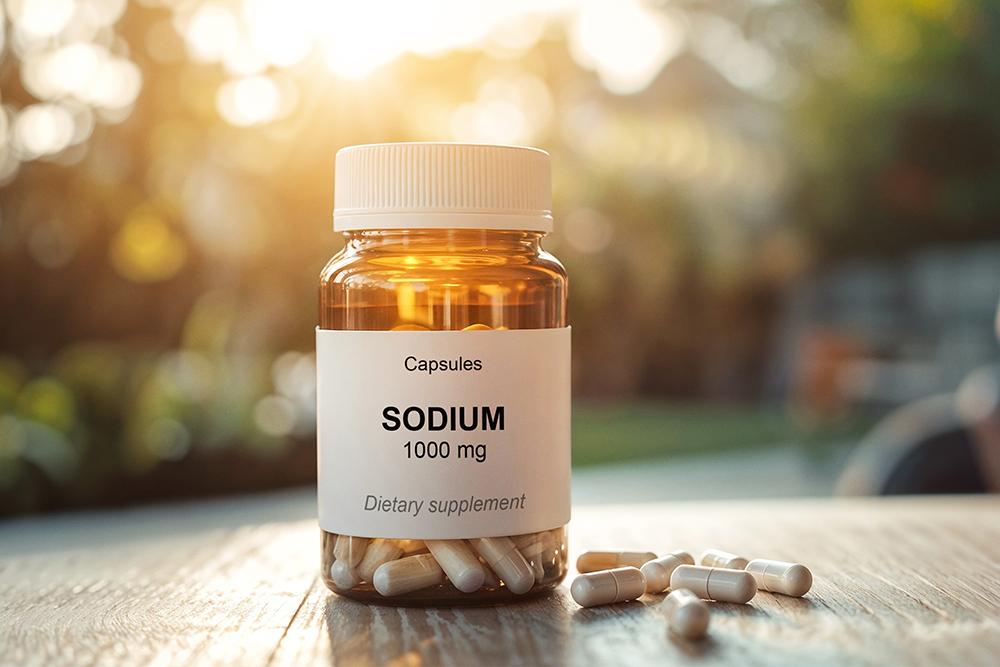Many athletes believe they need dietary supplements to perform at their best, but what do you think? Is this trust deserved? While it’s true that some supplements can be helpful in some circumstances, often, the benefits and safety of supplements are overestimated.
 If a supplement product is on a store shelf, then it must be safe, right? Don’t be fooled! Dietary supplements are regulated in a post-market manner, meaning the Food and Drug Administration (FDA) does not evaluate the contents or effects of supplements before they are sold. A harmful or illegal dietary supplement can stay on store shelves for a long time, sometimes even years, before the FDA can remove it. Because of this, it’s important for you to be an informed consumer and understand the risks before deciding to use any dietary supplement.
If a supplement product is on a store shelf, then it must be safe, right? Don’t be fooled! Dietary supplements are regulated in a post-market manner, meaning the Food and Drug Administration (FDA) does not evaluate the contents or effects of supplements before they are sold. A harmful or illegal dietary supplement can stay on store shelves for a long time, sometimes even years, before the FDA can remove it. Because of this, it’s important for you to be an informed consumer and understand the risks before deciding to use any dietary supplement.
This five-part series on supplements will give you an overview of the dietary supplement industry so that you can decide if the potential benefits of dietary supplements outweigh those risks. And, if you find you do need to use supplements, how you can better choose a low-risk product.
What is a dietary supplement?
First step? Understanding what a dietary supplement is and isn’t.
The dietary ingredients found in supplements can also be found in foods. In fact, by law, dietary supplements can only contain ingredients that are already in the food supply. It’s important to realize, however, that dietary supplements are highly processed and there is always a chance of contamination during the manufacturing process. Since the FDA doesn’t investigate the contents of dietary supplements before they are sold, supplement labels indicate what the company intends to include in the supplement, not necessarily what’s in the product. Whether by accident or on purpose, it’s possible that supplements can be contaminated with ingredients that aren’t shown on the label, including prohibited steroids, stimulants, and prescription drugs.
According to the Dietary Supplement Health and Education Act (DSHEA) of 1994, a dietary supplement is defined by law as a product taken by mouth that contains a “dietary ingredient” and is intended to supplement the diet. The intended use can only be to supplement, or add to, the diet. A supplement product cannot advertise to treat or cure a disease or ailment of any type. With this definition, a patch or a cream is not legally considered a supplement.
So, what is a dietary ingredient?
The dietary ingredients contained in supplements may include vitamins, minerals, herbs or other botanicals, amino acids, and substances, such as enzymes, organ tissues, glands, and metabolites. Dietary supplements may also contain extracts or concentrates of dietary ingredients, and may be found in many forms, including:
- Tablets
- Capsules
- Softgels
- Gelcaps
- Liquids
- Powders
- Bars – if the label does not represent the product as a conventional food or as a replacement for a full meal or diet
- Liquid – if the information on the label makes it clear that it’s not a standard beverage or drink for the sole purpose of rehydration
Regardless of the form, the DSHEA places dietary supplements in a special category under the general umbrella of “foods,” not drugs, and requires that every supplement be labeled a dietary supplement.
What are natural supplements?
When companies label food or supplements as “all natural,” they may be hoping that you will assume their products are safer and better than other products. However, when it comes to foods or supplements, it’s very hard to know what “all-natural” truly means. Even the FDA recognizes the difficulty in defining this term, and it has not associated the term “natural” with any nutritional benefit or other health advantage.
______________________
Takeaway
There’s a lot to know about supplements, starting with what they actually are. The rest of the Supplement Series will outline the health risks and possible need for supplements, as well as which supplements you should always avoid, and which may be safer.



